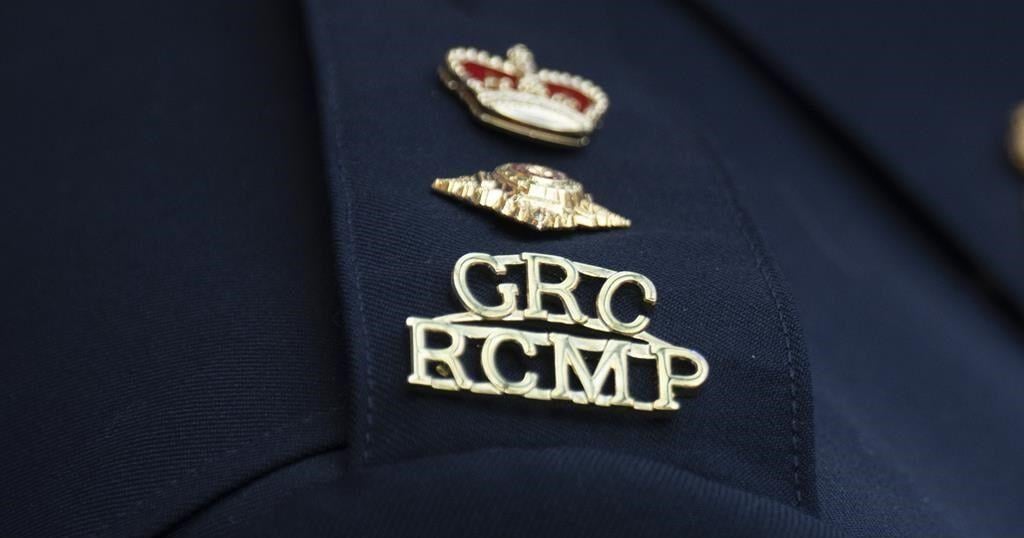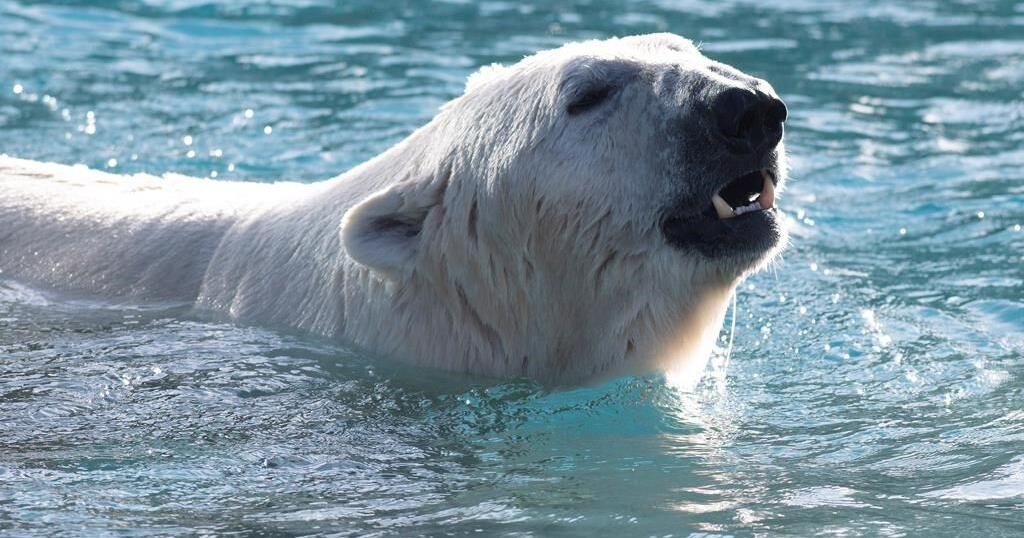WINNIPEG – The effort to find the remains of two slain First Nations women believed to be in a landfill is on track and excavation in the target area is set to start in early December, Manitoba Premier Wab Kinew said Wednesday.
“I hope that everybody in the province and across the country sees that Manitoba values and honours Indigenous women,” Kinew told reporters as he stood at the Prairie Green Landfill north of Winnipeg.
Kinew also addressed the families of Morgan Harris and Marcedes Myran, who joined him at the site.
“I hope that as you see the progress that’s been brought here today that it brings you some measure of healing,” the premier said.
Preliminary excavation of a four-metre-deep top layer of material — above the area that searchers will initially focus on — is underway, said a government official.
The area is 10 metres deep, but the province said an assessment has been done to determine the amount of waste that needs to be moved.
A building is also being constructed for searchers, a power line to the building has been installed, road access has been built, and hiring interviews for searchers are in progress.
Forensic experts have been working with RCMP and the chief medical examiner’s office to establish a protocol if remains are found.
Police believe the remains of Harris and Myran were sent to the privately run landfill in May 2022. Jeremy Skibicki admitted to killing Harris, Myran and two other Indigenous women and putting their remains in garbage bins.
The remains of Rebecca Contois were found in a garbage bin and in a different landfill. Those of an unidentified woman whom Indigenous grassroots community members have named Mashkode Bizhiki’ikwe, or Buffalo Woman, have not been located and police have not said where they are believed to be.
Skibicki was convicted of first-degree murder and sentenced earlier this year to life in prison with no parole eligibility for 25 years.
Several family members and supporters held bundles of tobacco wrapped in red, yellow and brown cloth as they flanked Kinew.
“I think it’s important to acknowledge that there is a lot of work that needs to get done. But for our families, we’re finally seeing that light at the end of the tunnel,” said Cambria Harris, a daughter of Morgan Harris.
She said relatives planned to later lay down the tobacco ties at a healing lodge set up at the landfill — something they do every time they visit.
Betsy Kennedy, acting grand chief of the Assembly of Manitoba Chiefs, reiterated the importance of handling the search with the respect, care and diligence the families deserve. It’s a sentiment former grand chief Cathy Merrick advocated for before her death last month.
Kinew also honoured Merrick during the event.
“This search of Prairie Green was something that she held very dear … we dedicate these activities not only to the families that are gathered with us here today, but also to the late grand chief.”
Police and the province’s former Progressive Conservative government had rejected calls to search the landfill, partly because of asbestos and toxic material and as there’s no guarantee the remains will be found.
The Tories took out election campaign ads before last year’s vote that promoted their decision to “stand firm” against a search.
Kinew promised there would be a search if the NDP was elected. Earlier this year, the province committed $20 million to the search, matching a federal contribution.
“The search of the Prairie Green landfill was always feasible. It was always possible. It required political will,” said Kinew.
The premier said the project has been designed to provide the highest environmental standards and protection for the area and ensure the health and safety of all workers.
“I hope we can bring your loved ones home,” Kinew told the families.
“But the most important thing is we’re going to try.”
This report by The Canadian Press was first published on Oct. 23, 2024.


























